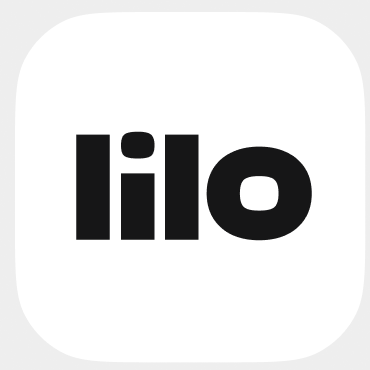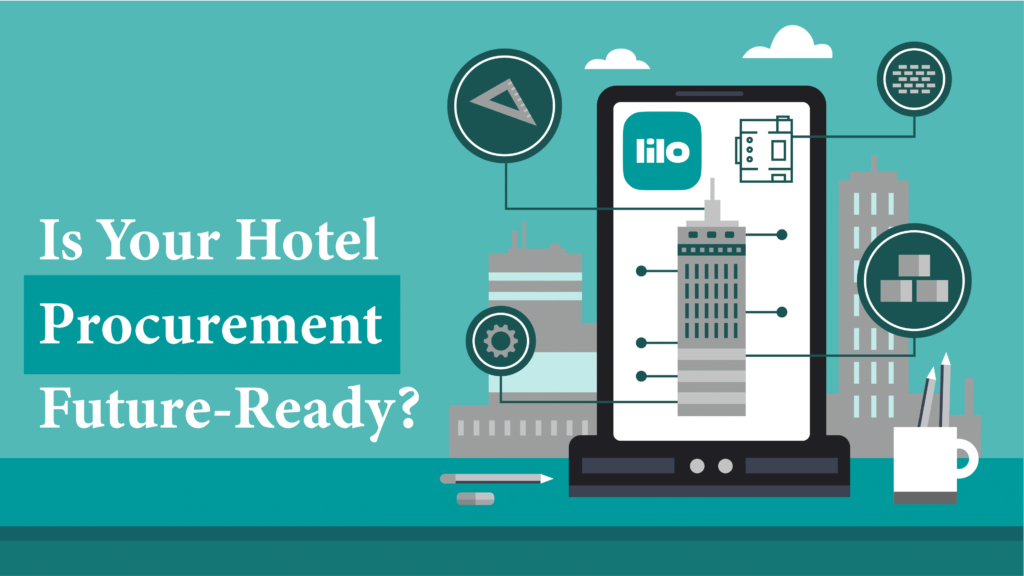The hospitality industry is thankfully on the rebound in 2024.
However, challenges remain, including volatile prices, uncertain delivery times, high employee turnover, labor shortages, and rising costs. These factors put the procurement department in sharp focus as it accounts for a significant portion of a property’s monthly expenses.
While post-pandemic recovery is underway, hoteliers are eager to mitigate the supply chain risks they faced in recent years. They are keen to invest in innovative hospitality procurement technologies to cut costs, streamline operations, and achieve supply chain resilience.
Let’s look at three emerging trends that can potentially shape hospitality procurement strategies in 2024 and beyond.
1. Data-Driven Procurement Strategies
Hotel procurement data can help cut costs, minimize waste, and optimize inventory. So, more hoteliers are turning to data to inform their decision-making processes in 2024.
To have visibility into your hotel purchases means you can analyze your property’s order patterns, supplier performance, inventory levels, delivery times, and price fluctuations in real-time.
With Lilo, many hoteliers keep track of such metrics and more with the click of a button. You can also find better deals on hotel supplies and identify potential areas for cost savings.
2. AI in Hotel Procurement
The days of juggling multiple apps for vendor sourcing, contract negotiation, and invoice management are nearing an end.
Many hotels are migrating away from traditional methods and on-premise software to cloud-based eProcurement solutions.
In 2024, industry-specific AI, coupled with comprehensive online hospitality procurement software, platforms like Lilo can already automate repetitive workflows like purchase order generation, reordering, and vendor screening.
It can analyze invoices, predict demand, and even provide suggestions on quality supplies that can help you save the most.
AI in hospitality is undoubtedly a trend to watch in 2024. Besides the marketing, guest service, and housekeeping departments, procurement will also be keenly following this space.
3. Building Supply Chain Resilience
The global pandemic exposed significant vulnerabilities in hospitality supply chains. Many hotels were forced to quickly adapt to disruptions, transportation delays, and shortages. As a result, building supply chain resilience will likely remain a key focus for hospitality procurement teams in 2024.
Some strategies that hoteliers began implementing in 2023 and will continue with into 2024 and beyond include:
- Supplier diversification: Partner with multiple vendors or rely on a reputable hotel supply marketplace like Lilo to ensure you always have good backup options available in case of disruptions or severe price fluctuations.
- Stronger supplier relationships: Develop close relationships with main suppliers and onboard them to a single hotel procurement system like Lilo for greater automation and cost-efficiency.
- Make Data Your Friend: Utilize data analytics to optimize inventory levels and save on procurement costs; e.g., demand forecasting helps avoid stockouts during peak seasons and prevents overstocking.
- Scenario planning: Develop contingency plans for various disruption scenarios.


